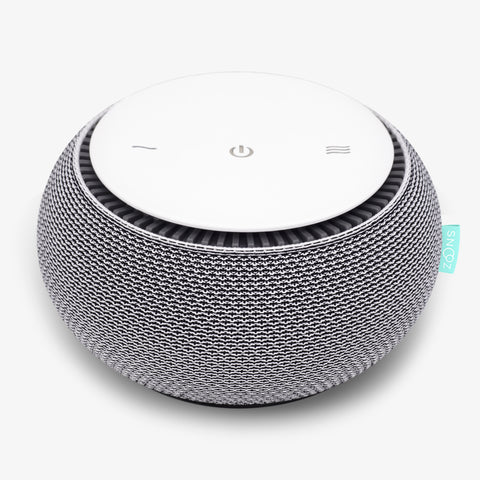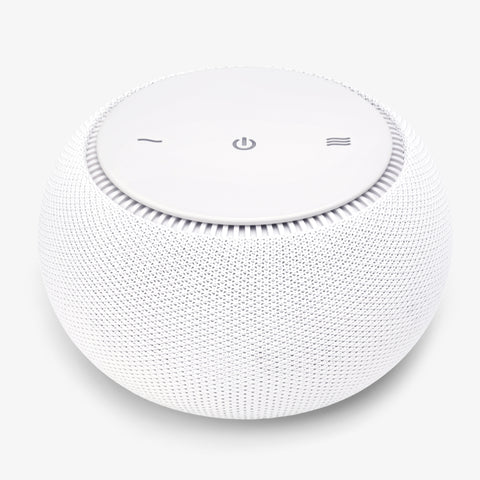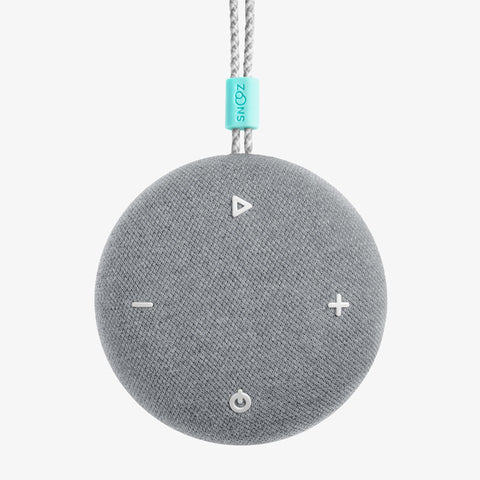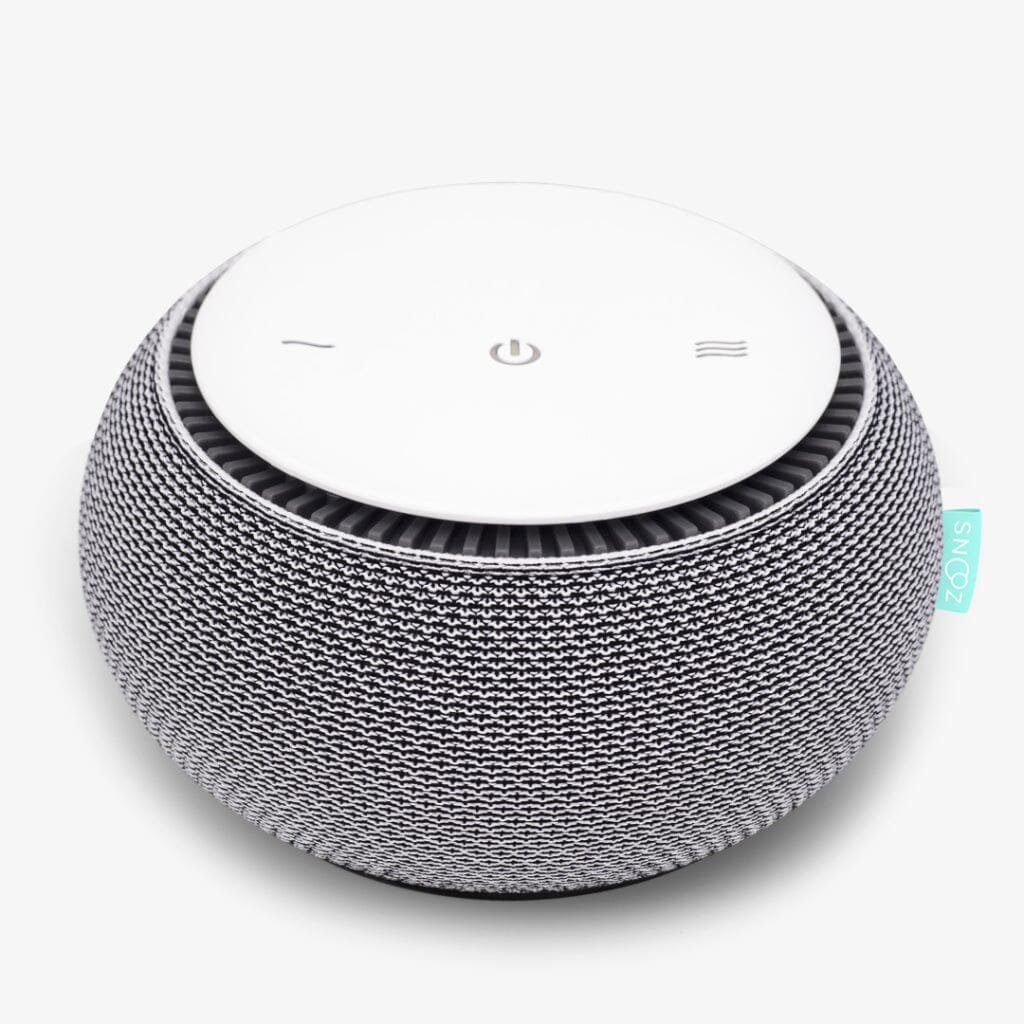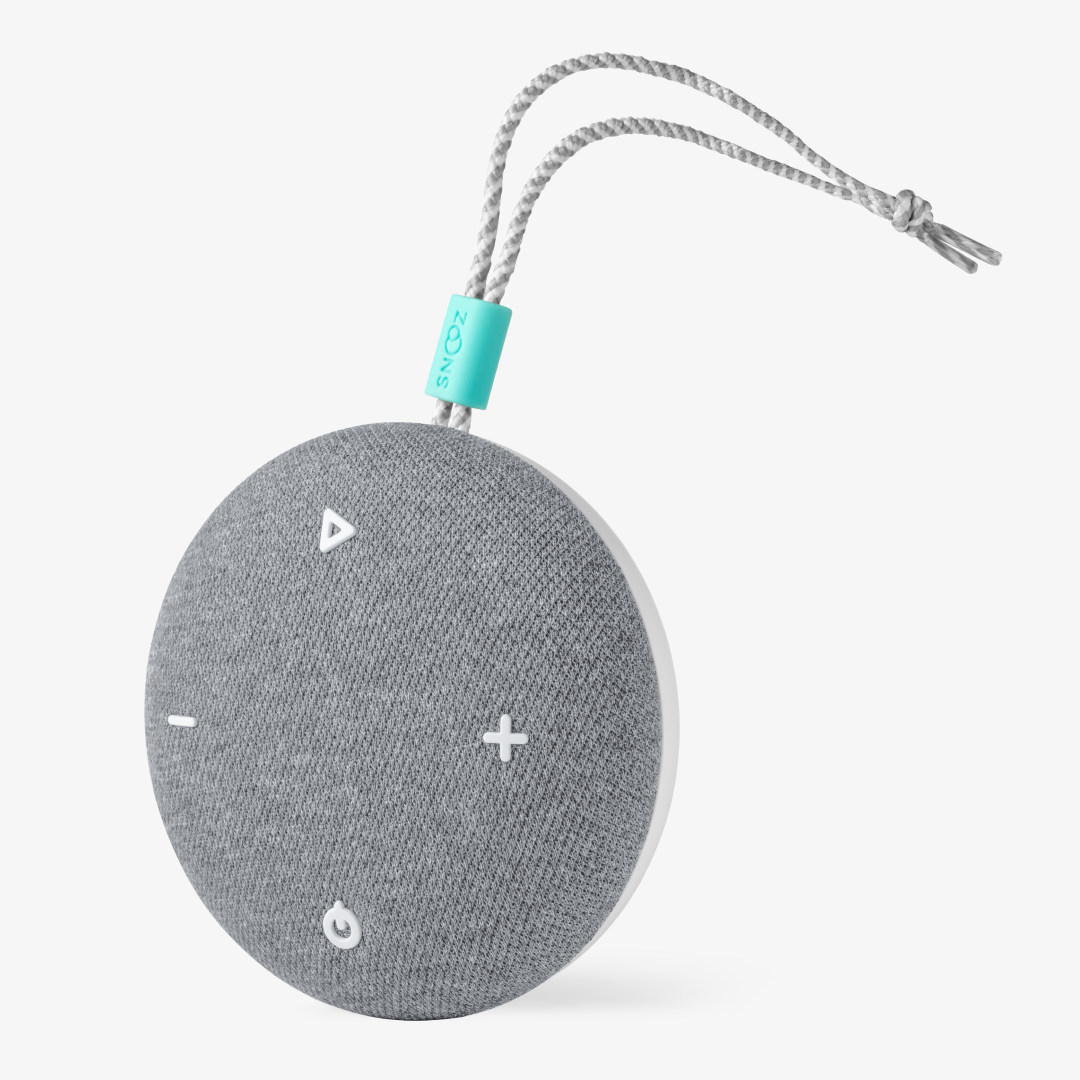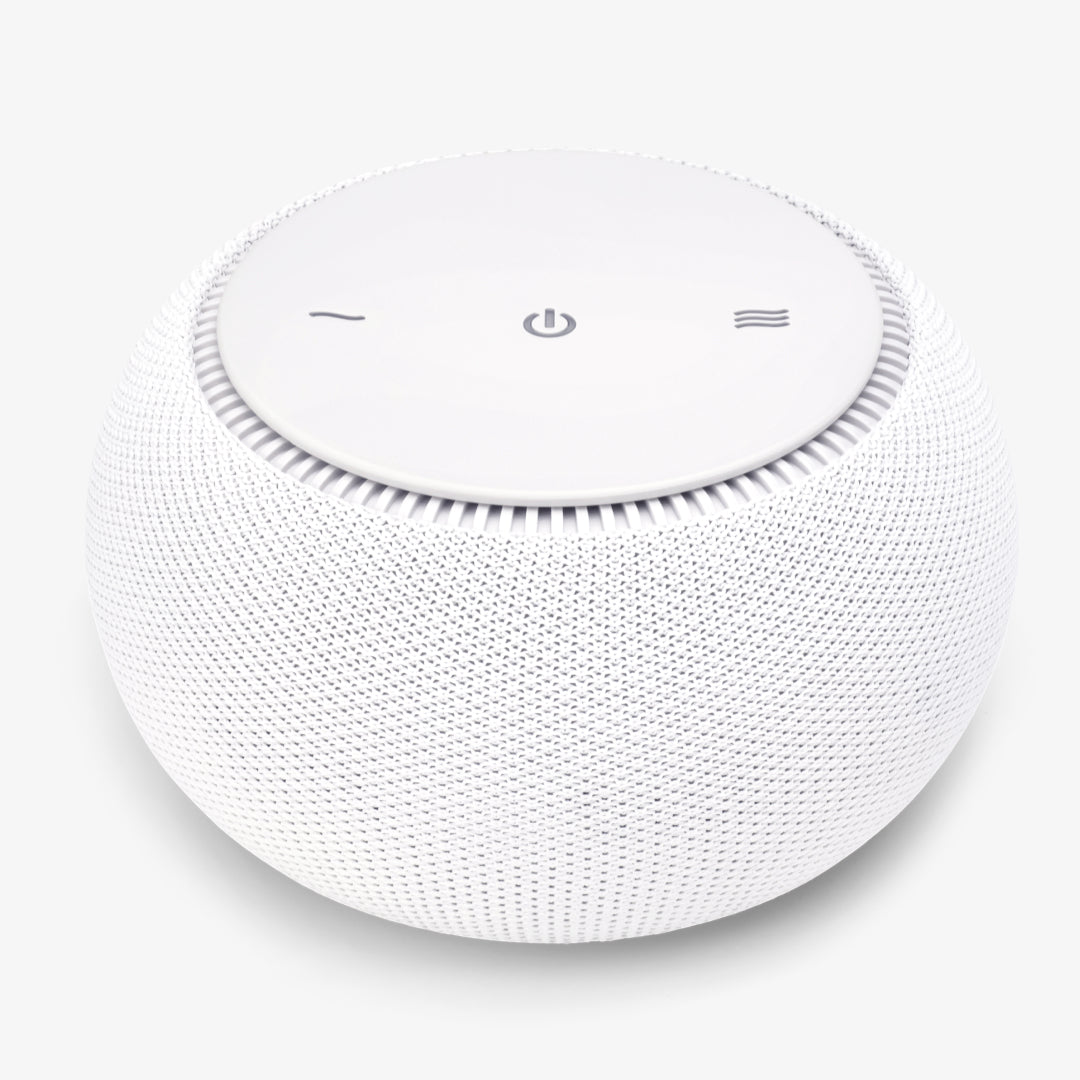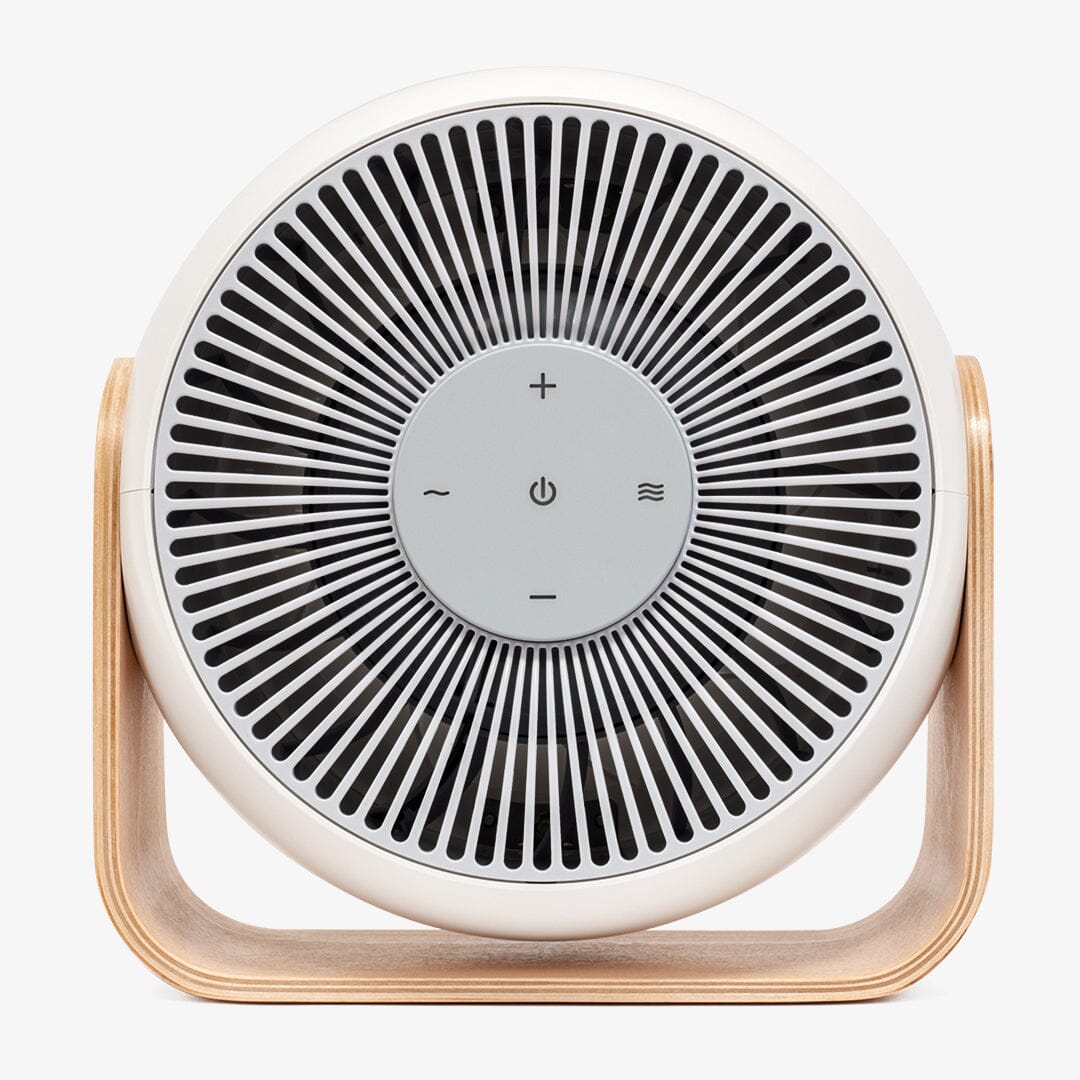In today's hyperconnected world, many people have developed the habit of falling asleep with their smartphones, tablets, or other electronic devices nearby. Whether it’s scrolling through social media, watching videos, or setting alarms, these gadgets have become part of our nightly routines. However, sleeping next to electronic devices may have more significant consequences on our health and well-being than we realize.
The Role of Blue Light
One of the primary concerns with sleeping near electronic devices is the emission of blue light. Smartphones, tablets, laptops, and even some e-readers emit high levels of blue light, which can disrupt the body’s natural circadian rhythm.
The circadian rhythm is your internal clock that regulates when you feel awake and when you feel sleepy. Melatonin, the hormone that signals to your body it's time to sleep, increases in the evening as the sun sets. But blue light from screens mimics daylight, tricking your brain into thinking it’s still daytime, even if it’s late at night. As a result, melatonin production is suppressed, making it harder to fall asleep or achieve restful sleep.
The Science of Sleep Disruptions
Electronic devices are not just sources of blue light; they also create an environment filled with interruptions. From notifications and vibrations to late-night reminders and buzzing alarms, these distractions can pull you out of the deep sleep stages crucial for physical and mental restoration.
Research suggests that even small disturbances, such as brief vibrations or the glow from a notification, can lead to fragmented sleep. You may not fully wake up, but these micro-arousals can disrupt your sleep cycles, leaving you feeling less rested. Over time, such disturbances can accumulate and lead to chronic sleep deprivation, a condition linked to a host of health issues, including decreased cognitive performance, mood swings, and even a weakened immune system.
The Long-Term Impact on Health
Consistently poor sleep can take a toll on your physical and mental health. In addition to the immediate effects of fatigue and irritability, sleep deprivation is linked to a range of serious health problems. Studies have found that people who sleep poorly due to screen exposure are at higher risk for conditions like:
- Increased stress and anxiety: Lack of sleep exacerbates feelings of stress and can make it more difficult to manage anxiety. Without proper rest, your body’s stress response system goes into overdrive, leaving you more susceptible to mood swings.
- Cognitive decline: Sleep is essential for brain health, helping to consolidate memories and repair neural connections. Poor sleep quality can lead to problems with focus, memory retention, and decision-making.
- Weakened immune function: Sleep is vital for a healthy immune system. When you don't get enough sleep, your body produces fewer infection-fighting antibodies, making it harder to fend off common illnesses.
- Weight gain and metabolic issues: Sleep deprivation has been linked to changes in the hormones that control hunger and appetite, often leading to overeating and weight gain. Additionally, poor sleep can interfere with glucose metabolism, increasing the risk of type 2 diabetes.
How to Protect Your Sleep
There are several steps you can take to minimize the impact of electronic devices on your sleep quality:
- Create a tech-free bedtime routine: Try to turn off all screens at least 30 minutes before bed. This gives your body time to wind down and signals to your brain that it's time to sleep.
- Use blue light filters: Many devices now offer "night mode" or "blue light filter" settings that reduce blue light exposure in the evening. While this won’t completely eliminate the issue, it can help minimize disruption to your melatonin levels.
- Charge your devices outside the bedroom: Keep your phone, tablet, and other devices in another room while you sleep. This eliminates the temptation to check them during the night and reduces potential disruptions from notifications
- Use white noise machines or calming sounds: If you rely on your phone for ambient noise or sleep apps, consider investing in a separate white noise machine that can provide soothing sounds without the distractions of a smartphone.
- Set boundaries with technology: Be mindful of how much time you spend on your devices, especially before bed. A tech detox can help you re-establish a healthier relationship with your gadgets and improve your sleep quality.
Conclusion
While the convenience of sleeping next to our electronic devices may be tempting, the negative impact on sleep quality and overall health is hard to ignore. By reducing blue light exposure, setting boundaries with technology, and prioritizing a screen-free wind-down routine, you can protect your sleep and improve both your physical and mental well-being. After all, a well-rested mind and body are essential for facing the challenges of each day with clarity and energy.

